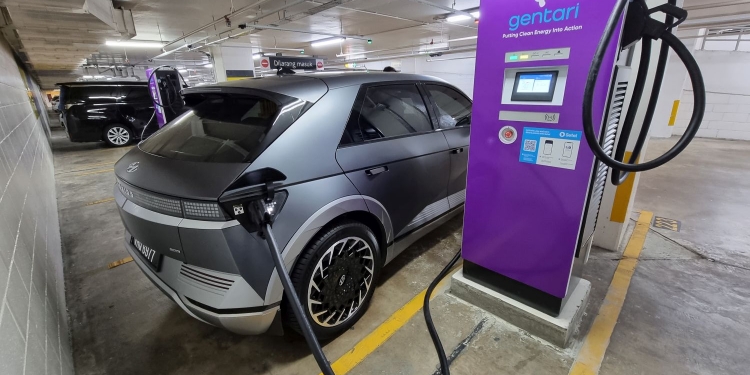During the launch of Gentari’s 350kW EV DC fast charger, the other big announcement is the introduction of kWh-based charging which is a positive step forward for EV adoption in Malaysia. This is a huge deal as EV chargers in Malaysia are normally priced based on time and some even start charging from the moment you utilise the parking bay. The kWh-based charging mechanism is made possible by the Energy Commission’s Electric Vehicle Charging System (EVCS) licence which is currently granted to several Gentari EV charging hubs.
Gentari EV Charging prices at X Park Sunway Serene
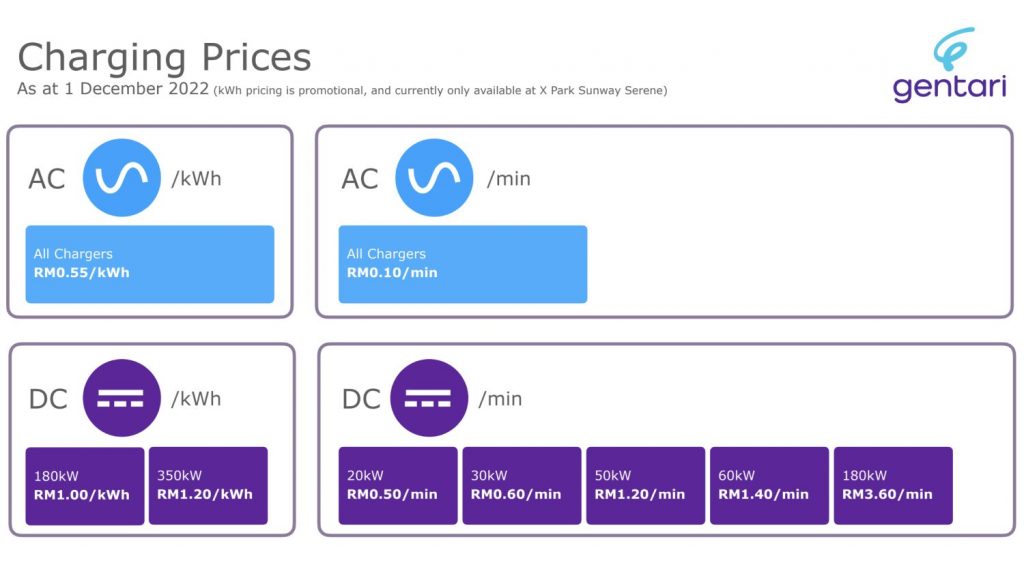
The Gentari EV Charging Hub at X Park Sunway Serene located in Sungei Way Free Trade Industrial Zone is priced with the following rates:
- 7kWh/22kWh AC Charging: RM0.55/kWh
- 180kWh DC Charging: RM1.00/kWh
- 350kWh DC Charging: RM1.20/kWh
The pricing for DC fast chargers throughout Malaysia varies on location and DC output. For example, Gentari’s 30kW DC charger at Suria KLCC basement carpark costs RM0.60 per minute which excludes the cost of parking. The 60kW DC charger at Starbucks Setia Alam now costs RM1.20 per minute and some BMW dealerships offer 75kW DC charging at RM1.50 per minute.
There are 180kW DC fast chargers along the highway which cost a staggering RM3 or RM4 per minute. You’ve probably heard stories about EV owners paying more than RM120 just to charge at these stations.
Why kWh-based pricing for EV charging makes more sense than time-based pricing?
Unlike pumping petrol, the rate of EV charging isn’t consistent from 0-100%. Similar to the latest smartphones which offer insane fast charging speeds, they could only get the highest charging rate mostly around 0-50% of the charge. The charging rate gradually drops as the battery % increases, and the final 10% (90-100%) is usually the slowest.
The Hyundai Ioniq 5 and KIA EV6 with their 800V battery architecture claims to get 10-80% charge in just 18 minutes when it’s plugged into a 350kW fast charger. As shown in the demo video below, it takes a while for the charging speed to build up and the EV reached a peak charging rate of 220-225kW between 30-50%. Eventually, it drops to between 120-170kW before hitting the 80% mark.
With time-based charging, you are paying consistent cost-per-minute pricing regardless of how much charge your car is getting which isn’t a fair wayfor consumers. Not only does the charging rate varies according to the state of charge, but vehicles with lower DC charging capabilities would also be paying the same high price for slower charging speeds. That’s one of the reasons why it is not advisable to use DC charging beyond 80% as it isn’t worth paying for slow charging for the final 20% charge.
This is like paying for dial-up internet at per-minute rates versus paying for mobile data by GB consumed. With kWh-based charging, essentially paying for exactly how much you use.
kWh vs time EV Charging cost comparison
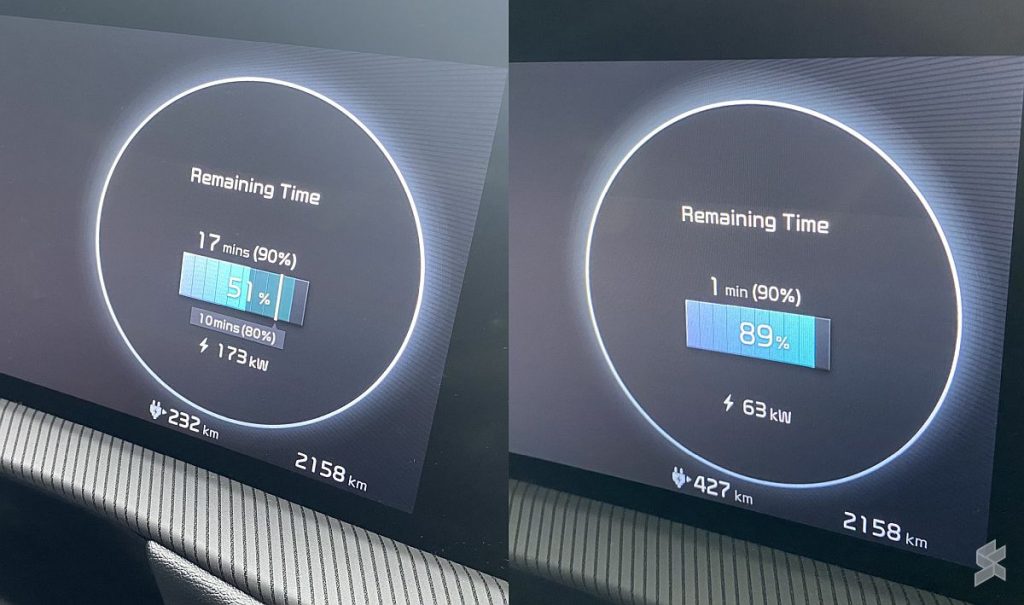
During the recent media event, we charged a KIA EV6 from 50% to 90% using the 350kW charger. Obviously, the charging rate isn’t optimal as the car gets a lower rate (173kW down to 63kW) due to the higher state of charge. The charge took 15 minutes and 11 seconds with a total of 33.52kWh of power transferred.
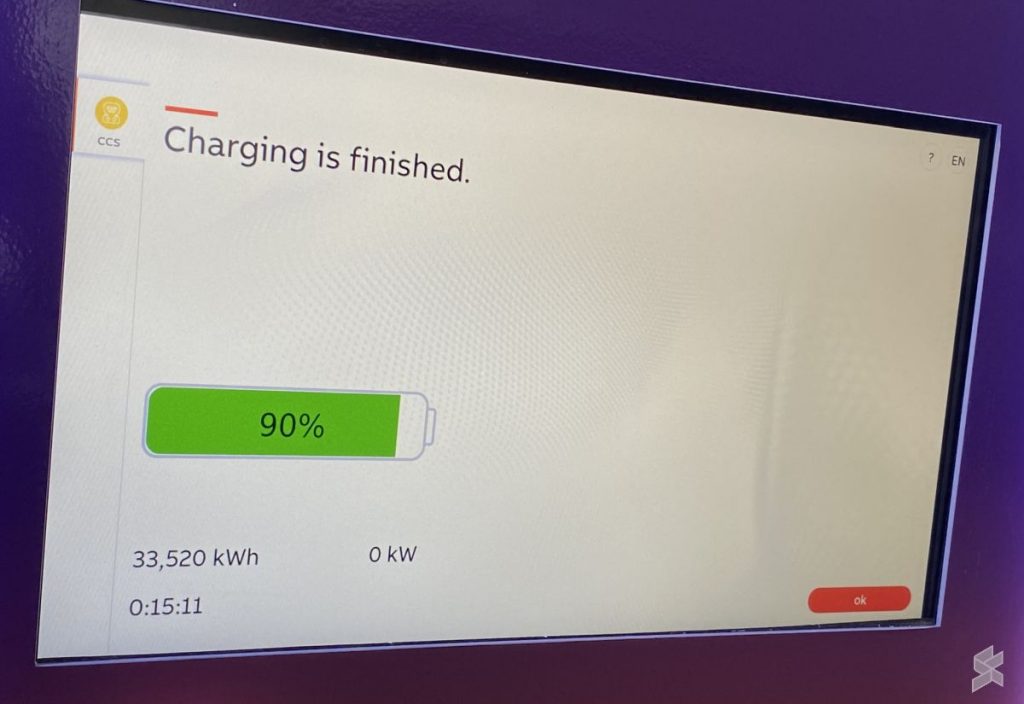
With Gentari’s RM1.20 per kWh pricing for 350kW, this 50-90% charge (33.52kWh) would have cost us RM40.20. That’s like buying 19.6 litres of RON95 petrol or 10.4 litres of RON97 petrol. As a comparison, charging (15 minutes) on a typical 180kW DC charger with the time-based RM4 per minute rate would have cost us RM60 which is RM20 more expensive than kWh pricing.
If you’re not in a hurry, the 180kW DC charger is cheaper at RM1.00 per kWh and the same charge would have cost us RM33.50. For the same cost, it’s like buying 16.3 litres of RON95 petrol or 8.7 litres of RON97 petrol.
According to the EV6’s instrument cluster, the 50-90% charge has added about 200km of range. If we were to charge from 0-100% using the RM1 per kWh rate for 180kW DC charging, theoretically that would have cost us RM84 for 500km of range on the KIA EV6. That’s similar to paying for a full tank (40 litres) of RON95 petrol for most compact SUVs.
Obviously, the cost of EV charging would be significantly cheaper if charged at home or using public AC charger which has a lower rate. Gentari’s AC charger at X Park is priced at RM0.55 per kWh and that would probably cost around RM46 to charge from 0-100%.
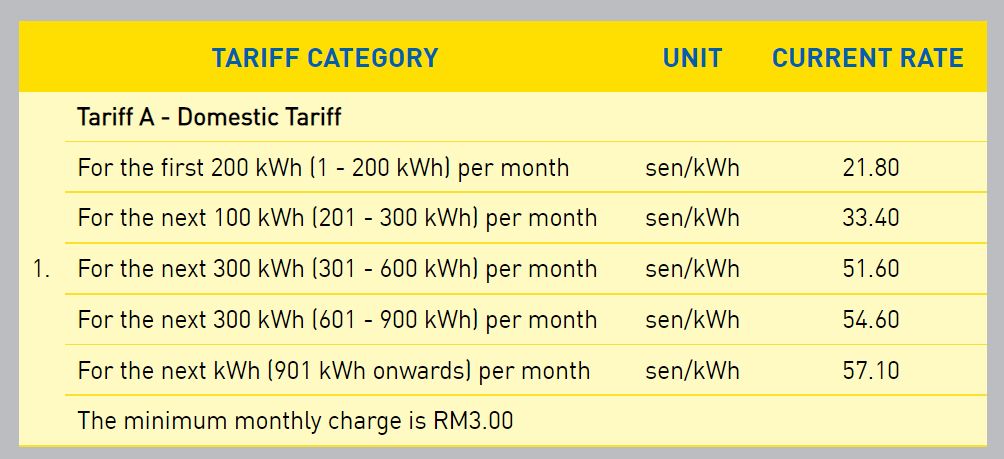
Tenaga Nasional Berhad’s current Domestic Tariff ranges between 21.8 sen per kWh for the lowest tier (1-200kWh) and it goes all the way up to 57.1 sen per kWh for usage above 900kWh in a month.
Gentari offers free EV Charging at X Park Sunway Serene and Petronas Ayer Hitam for a limited time
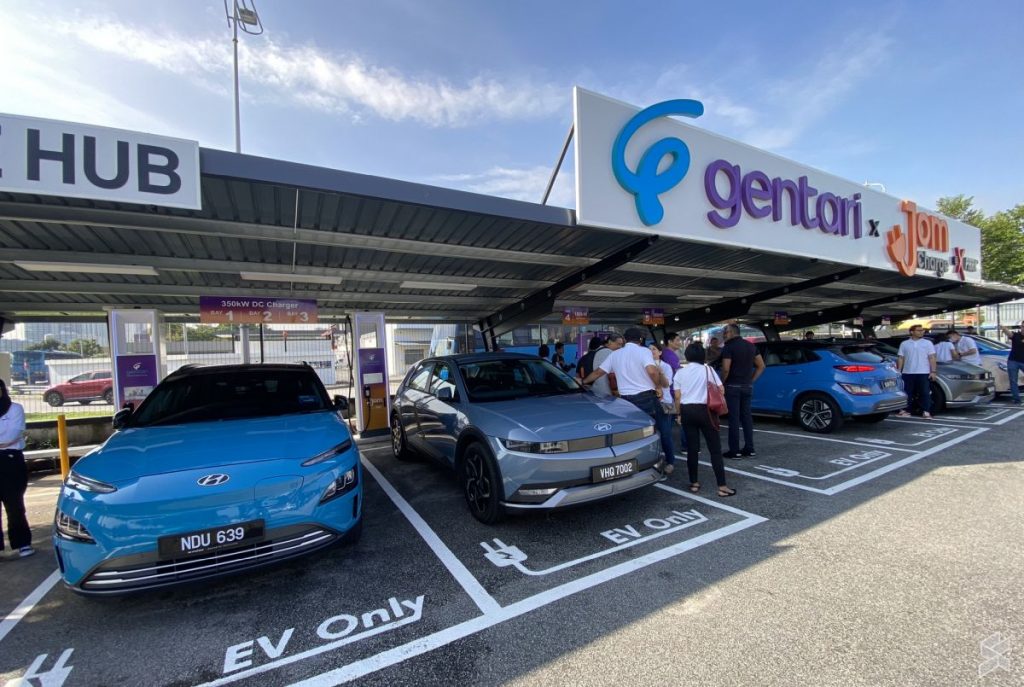
If you want to experience the 350kW fast charger yourself, Gentari is offering free EV charging at the X Park Sunway Serene until the 15th of December 2022. This also includes the 180kW charger as well as the 22kW and 11kW AC chargers.
Gentari has also recently launched its new EV charging hub at Petronas Ayer Hitam in Johor which costs RM1 per kWh for 90kW and 50kW DC charging. It’s also offered for free until 14th December 2022.
Related reading
- Gentari offers free EV charging up to 350kW at X Park Sunway Serene for a limited time
- BMW Malaysia partners with JomCharge, offers RM640 EV charging membership with RM800 credits
- Gentari launches Southeast Asia’s first 350kW EV charger, pay by kWh instead of time
- Budget 2023: TNB to spend RM165mil for EV charging and solar; Gentari to install 500 chargers

